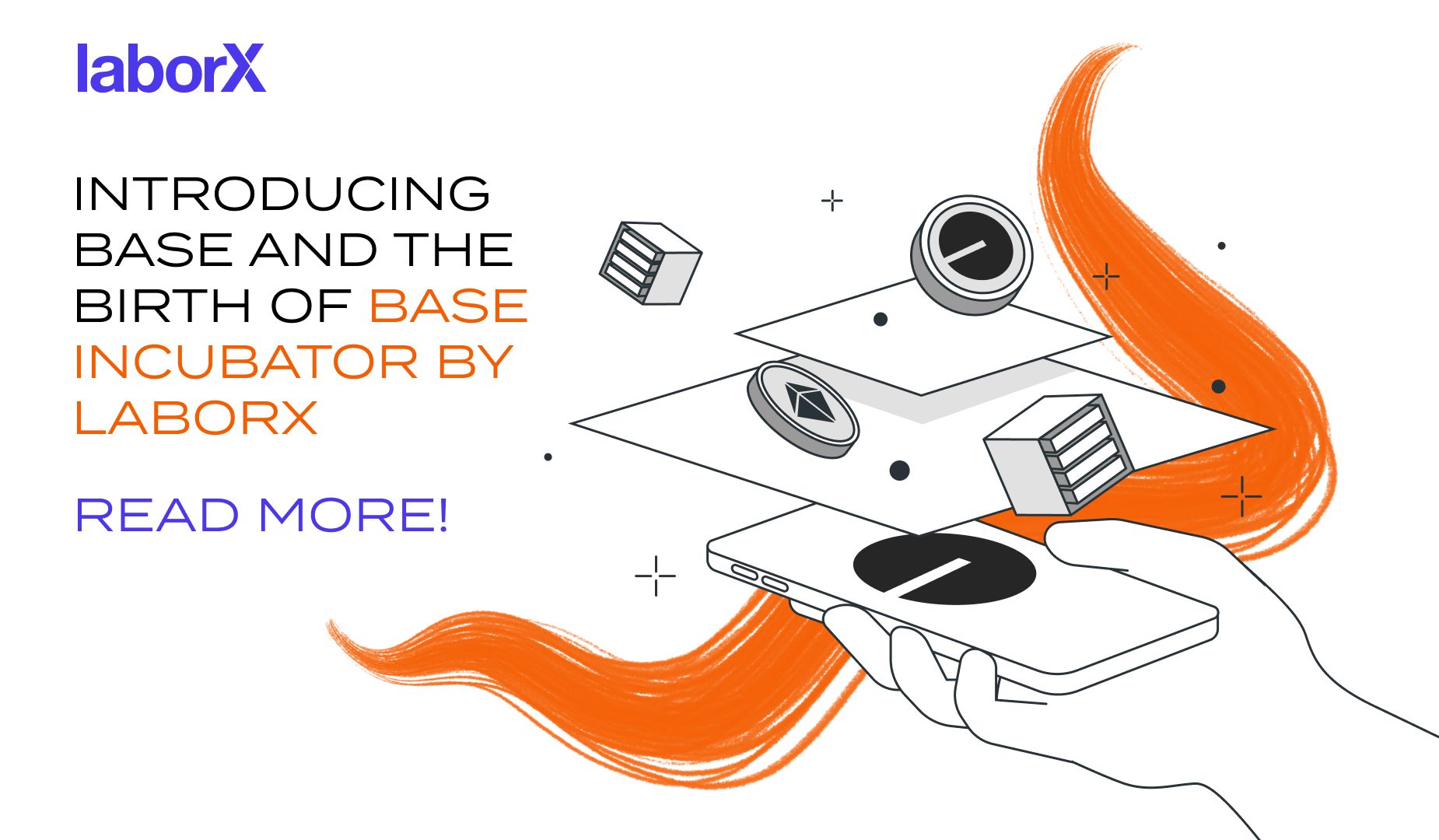It’s official: crypto is here to stay. Big corporations and hedge funds are buying bitcoin hand over fist, and the wider crypto market has exploded above $2 trillion in value. The good news is that even at this stage, you’re not too late to the party. If you want to join the crypto movement, there are lots of ways to start and grow your stack of digital assets.
1. Buy (and hold)
Buying your crypto is the easiest way to start earn cryptocurrency. There are plenty of good exchanges, from big international names like Bitstamp and Coinbase to ones that serve particular countries/regions and currencies, like Indodax (Indonesia) or TimeX (Australia). Once you’ve bought your crypto, you’ll need to hold it securely, which means withdrawing it from the exchange to an external address that you control – that is, for which you hold the private keys. An alternative is to use a system like Coinbase’s Vaults, which allow you to set conditions for withdrawals, thereby significantly reducing the chances of losing crypto if your personal information is compromised.
2. Mine crypto
The days when you could mine bitcoin with a regular desktop computer or even decent GPU setup are gone. If you want to mine bitcoin profitably, you’ll need to research and buy the latest ASICs (rigs designed specifically for mining), and be prepared to pay a hefty electricity bill. But other cryptos are less competitive, and it is still possible to mine them with the right retail hardware. You can also purchase hashrate – processing power for mining – from a cloud mining operation. This is less likely to be economical than doing it yourself, but it can be a good way to learn about the space and research the tech and expertise you’ll need.
3. Stake your crypto
Mining isn’t the only way to earn crypto. Proof-of-Stake (PoS) coins work on a different security and network model. By locking or ‘staking’ coins you already hold, you can generate more from network transaction fees and sometimes block rewards. Sometimes there is a minimum threshold you’ll need to meet (e.g. 10,000 coins) before you can start staking – this will depend on the coin. And you may need to rent a VPS to guarantee your network node is online 24/7, which comes with fixed costs, so you’ll need to make sure it’s worth it after costs. But one way or another, staking is typically much easier, from a technical perspective, than mining, and can often generate good income.
4. Explore DeFi opportunities
Decentralised Finance (DeFi) offers many new opportunities for users to lock or stake their free crypto in liquidity pools, making it available to other users to borrow or trade against – for a fee – without the owner actually having to give up control of the crypto. While you can stake many different tokens in DeFi applications, some of the best opportunities tend to be for stablecoins. Locking coins like Dai, USDT or USDC in decentralised applications can earn crypto from 10-20% per annum, often with other tokens thrown in as additional incentives.
5. Check for airdrops
Anyone who has been involved in crypto for any length of time will likely start to see tokens they didn’t buy appearing in their wallets. These tokens have been ‘airdropped’ or sent to active wallets or addresses that contain certain other tokens, as a form of marketing to raise awareness of new initiatives or to conduct initial distribution of a token. Often they’re worthless, but from time to time significant value can be airdropped to a large number of users. In some cases, you’ll need to actively claim tokens if you’re eligible. Sites like Earni.fi allow you to check your address to see whether you have any unclaimed airdrops with free crypto – and how much they’re worth.
6. Crypto cashback
One of the other option on how to get free cryptocurrency is crypto cashback. An increasing number of credit and debit cards are offering cashback in the form of crypto on purchases made from them, in addition to other perks. These cards will typically have been issued by an exchange or another crypto business, as part of facilitating the transfer of funds from the traditional finance system into the blockchain and vice versa. The tokens you can earn come in various forms; some companies offer bitcoin as cashback, others specific cryptocurrencies for their own project. The rates vary too (they’re typically 1-8%) so it’s worth shopping around, but this can be a good way to slowly accumulate free crypto in the course of your day-to-day spending.
7. Accept free cryptocurrency payments
If you sell goods or services online, then getting set up to accept crypto payments is an easy way to earn free crypto. There are now lots of off-the-peg apps that integrate well with e-commerce websites and allow customers to pay with crypto. While some will convert any funds received automatically to fiat to avoid potential volatility, they will generally give you the option to hold it as crypto too if you prefer. Coinbase Commerce is a good place to start, and has WooCommerce and Shopify integrations, but there are lots of other outfits doing much the same thing.
8. Apply for bounties
New crypto projects often rely on an army of community members to spread the word, and they’ll typically pay users a small amount per-task for helping. That help can take many forms, from simply retweeting or liking social media posts to contributing content or participating in more extensive roles. Search for bounty programmes around the crypto world to learn more.
9. Start freelancing for crypto
If you have marketable skills, you may already have considered picking up extra work online. There are lots of sites that put customers in touch with freelance workers, enabling anyone with time and the right experience to make some cash on the side or even work full-time in the so-called Gig Economy. More and more sites now support crypto payments, with services like LaborX connecting customers and freelancers for jobs and supporting a wide range of crypto payments, cutting out all the middlemen and their associated expenses that you’ll find with regular freelancer sites while protecting both sides with digital contracts. In other words, you can safely convert your spare time directly into crypto, which is a great way to get started.
10. Take a punt
There are lots of gambling sites that now accept and pay out in crypto, so if you’re a poker fan or like the Roulette wheel you might be able to win some coins. (In any game that comes down to pure chance, of course, you’re as likely to lose as win, and remember that the house always wins eventually.) In other cases there’s more skill and judgement involved. Alternatively, if you’re happy with risk, you might consider trading, which comes down to a mixture of luck and skill for most people; on the shorter time frames (e.g. daytrading) this isn’t much different from gambling, unless you know exactly what you’re doing and are very, very good. Of course, if you are an experienced trader who knows how to read the markets, then this can be a great way to build a significant stack of free crypto.



